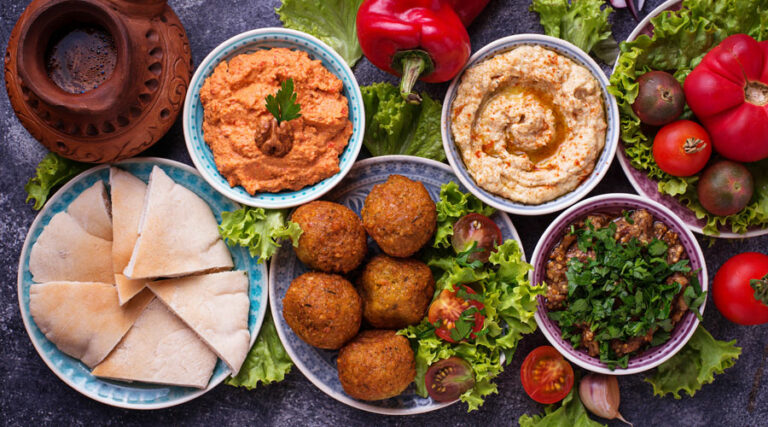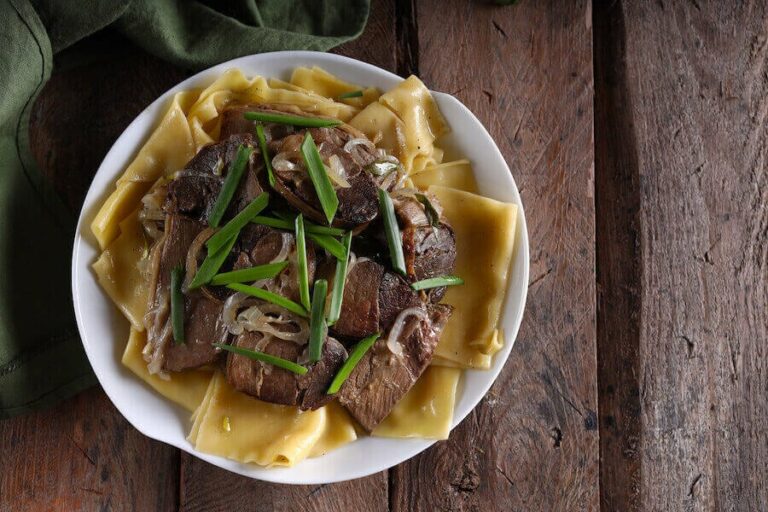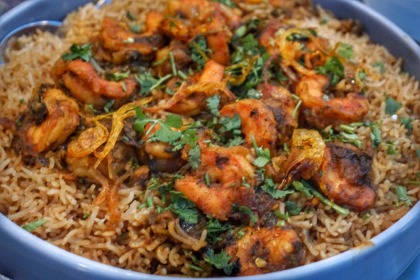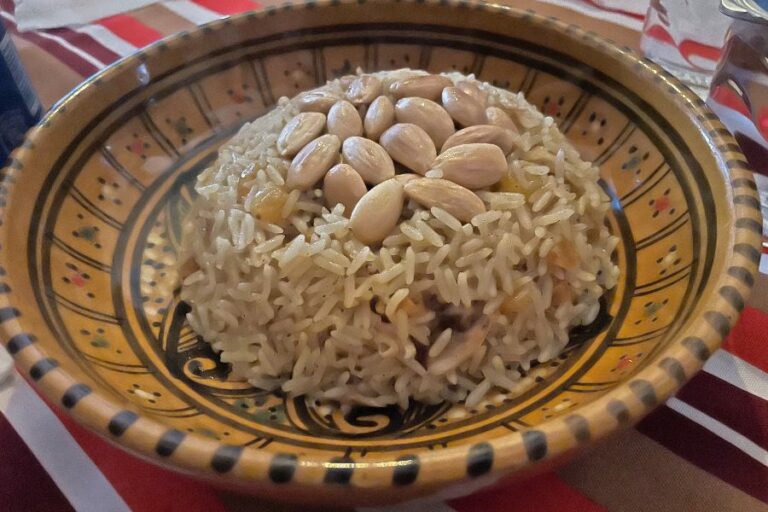Introduction: Hospitality in Jordanian Dining Culture
Jordanian cuisine is steeped in tradition and culture, and hospitality is a key component of the dining experience. Jordanians take great pride in their food and are known for their generous portions and warm hospitality. Whether it’s a family meal or a gathering of friends, food is at the center of socializing and building strong relationships.
Generous Portions: A Reflection of Jordanian Culture
One of the most striking aspects of Jordanian dining culture is the generous portions of food that are served. This is a reflection of the culture’s emphasis on hospitality and generosity. Jordanians believe in making guests feel welcome and cared for, and serving ample amounts of food is one way to express this hospitality. It is not uncommon for hosts to insist that their guests eat more than they can handle, as a way of showing their generosity and appreciation.
Jordanian Cuisine: A Blend of Flavors and Cultures
Jordanian cuisine is a unique blend of flavors and cultures, influenced by the country’s location at the crossroads of the Middle East, North Africa, and the Mediterranean. Traditional Jordanian dishes such as mansaf, a rice and lamb dish cooked in a yogurt sauce, and maqluba, a one-pot dish of rice, vegetables, and meat, are beloved by locals and visitors alike. Other popular dishes include falafel, hummus, and shawarma, which have become staples in Middle Eastern cuisine around the world.
Arab Hospitality: A Key Component of Jordanian Dining
Arab hospitality is a well-known aspect of Jordanian culture, and it is reflected in the dining experience. Guests are treated with utmost respect and kindness, and hosts go out of their way to make sure their guests are comfortable and well-fed. It is not uncommon for a Jordanian host to insist on serving their guests first, and to make sure they have enough food before eating themselves. This gesture of generosity and hospitality is a hallmark of Jordanian dining culture.
The Significance of Sharing Food in Jordanian Culture
Sharing food is an important part of Jordanian culture, and it is seen as a way of building close relationships and fostering a sense of community. Families and friends often gather around a large platter of food, eating together and passing dishes around. This communal dining experience is a reflection of the culture’s emphasis on hospitality and generosity, and it is one of the most cherished aspects of Jordanian dining culture.
Conclusion: The Importance of Hospitality in Jordanian Society
Jordanian dining culture is a reflection of the country’s deep-rooted traditions and values, and hospitality is at the center of it all. Whether it’s serving generous portions of food, sharing meals with loved ones, or treating guests with respect and kindness, Jordanians take great pride in their hospitality. For visitors to the country, experiencing Jordanian dining culture is a must, as it provides a glimpse into the warmth and generosity of the people who call this beautiful country home.




